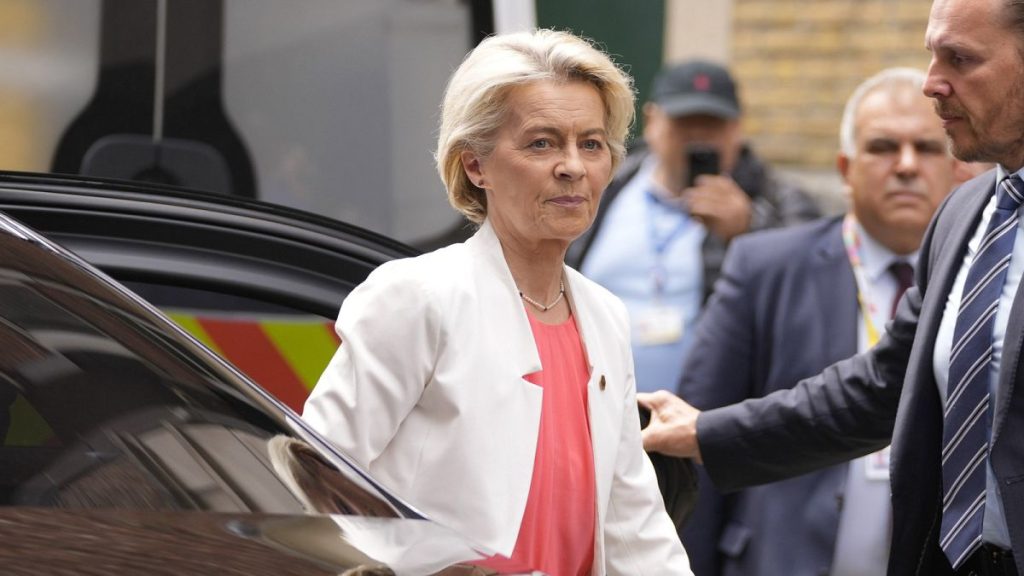Only 29% of the nominated Commissioner candidates in the European Union (EU) are female, with only five out of 17 countries nominating women. This gender disparity poses a challenge for Commission president Ursula von der Leyen as she aims to ensure gender parity in her second term. Von der Leyen had requested member states to nominate one male and one female candidate, but no country has followed this request yet. She aims to appoint a gender-balanced College of Commissioners that steers the work of the EU’s executive arm.
Von der Leyen is currently interviewing nominees, with EU governments having until August 30 to submit their picks. She is expected to allocate policy portfolios to candidates in time for their appointment votes in the European Parliament committees in September and October. While von der Leyen and former Estonian Prime Minister Kaja Kallas are set to occupy prestigious roles, there are only three other women nominated from Croatia, Spain, and Sweden. Rumors point to a lack of female candidates from the nine member states yet to announce their nominees.
The challenge of gender disparity in the Commissioner picks raises questions about von der Leyen’s commitment to women’s rights and equality. While her outgoing Commission had an equal representation of men and women, past Commissions have shown a significant gender imbalance. Von der Leyen plans to develop a “Roadmap for Women’s Rights” in her second term, aiming to address issues like the gender pay and pensions gap, violence against women, and the balance between care and career. However, her credibility as an advocate of women’s rights is at stake unless she can achieve a gender-balanced team.
The lack of female Commissioner candidates in the EU highlights the importance of enforcing gender parity at the highest levels of leadership. Von der Leyen’s demand for member states to nominate both male and female candidates is not legally enforceable, relying on the goodwill of EU leaders. Despite her efforts to promote gender equality, some countries have justified nominating only male candidates by claiming to select the best person for the job. This reluctance to nominate women for Commissioner positions raises concerns about the commitment to gender parity and women’s representation in EU leadership positions.
The dominance of men in the race for Commissioner posts underscores the need for greater representation of women in EU decision-making roles. Rumors suggest few female candidates are being considered in the remaining countries yet to announce their nominees, including Denmark, Portugal, and Luxembourg. Von der Leyen’s goal of achieving gender parity in her second term faces challenges as member states prioritize nominating male candidates over women. This gender disparity highlights the need for greater efforts to promote women’s representation in top EU leadership positions and ensure equal opportunities for both male and female candidates.


